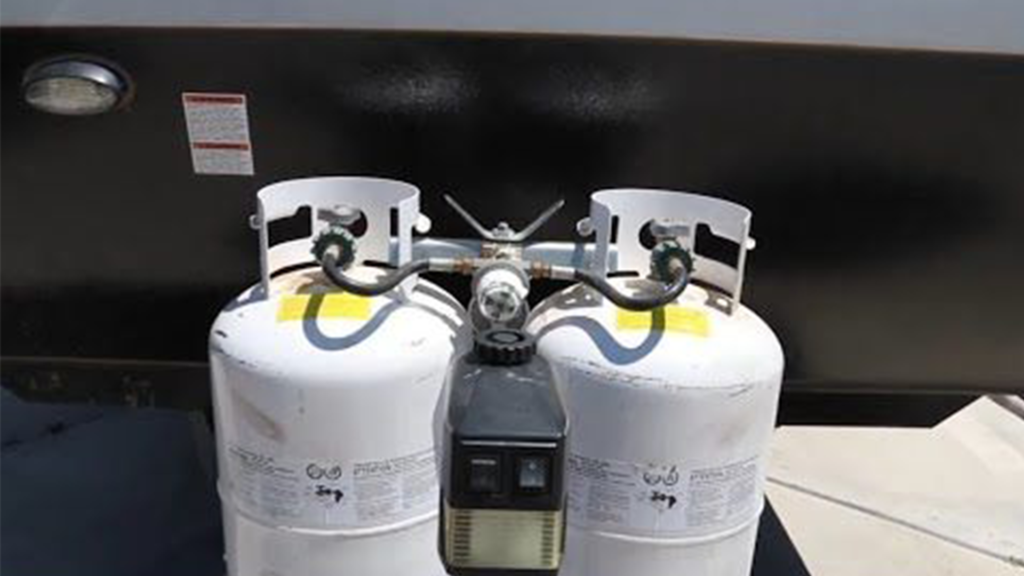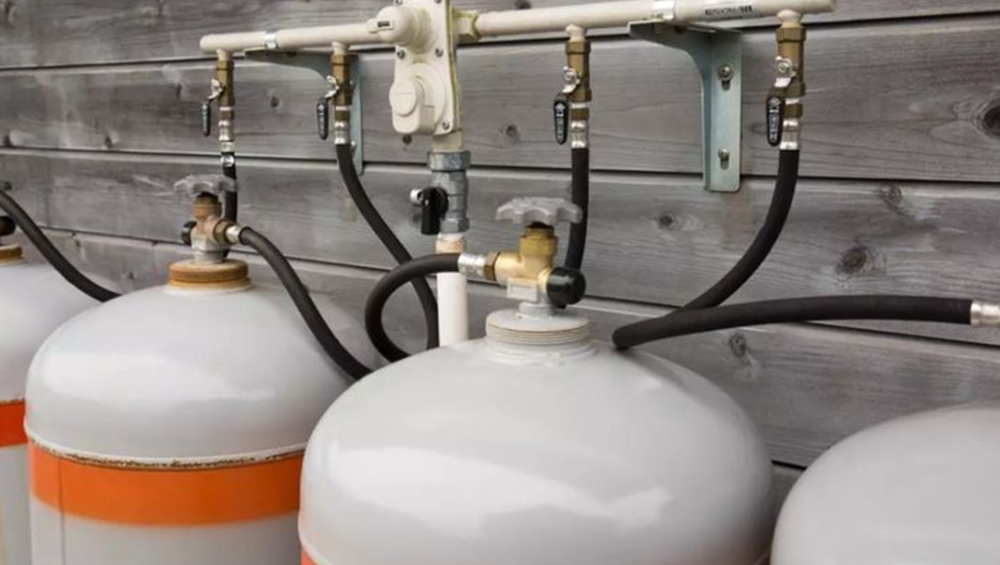Many individuals choose propane to heat their homes, cook food, and power various appliances. Propane is an efficient fuel source, which makes it a popular choice amongst many individuals. Propane is generally cost-effective, but it is important to optimize its usage. Efficiently managing propane can lead to significant savings and environmental benefits.

Here are some practical tips to help you manage your propane usage:
- Regular maintenance and inspections
- Shift to energy-efficient appliances
- Optimize heating efficiency
- Adopt efficient cooking practices
- Monitor and adjust usage
- Use renewable energy sources
- Practice general energy conservation methods
Regular Maintenance and Inspections
- Have Annual Check-ups
Yearly maintenance of your propane appliances and heating systems ensures they are operating efficiently. A well-maintained system uses less fuel. It also reduces the risk of breakdowns and extends the lifespan of your equipment.
- Check for Leaks
You should always inspect your propane tank’s connections and lines for leaks. A small leak can cause significant propane loss over time. These can increase your costs and pose safety risks. You can also use a mixture of soap and water to check for leaks. Bubbles will form if there is a leak.
Shift to Energy-Efficient Appliances
- Energy Star Appliances
Consider replacing old appliances with Energy Star-rated models. These appliances use less energy without compromising on performance. They also lead to lower propane consumption.
- Programmable Thermostats
A programmable thermostat allows you to set specific temperatures during the day, evening, and nighttime. This way, you can reduce heating when you’re not home or during the night, conserving propane without sacrificing comfort.
Optimize Heating Efficiency
Insulate Your Home
Proper insulation can reduce propane usage for heating purposes. Ensure your home is well-insulated, including walls, attics, and floors. Properly insulated houses retain heat during the winter, which reduces the need for extra heating.
- Seal Gaps and Cracks
Inspect windows and other potential areas where heat might escape. Use weather stripping to seal gaps and cracks. The sealing reduces the chances of cold air entering and warm air escaping.
Adopt Efficient Cooking Practices
- Use the Right Cookware
Using pots and pans that match the size of your burners transfers heat in a better way and reduces propane usage. Also, cover pots when boiling to trap heat and cook food faster.
Batch Cooking
Batch cooking saves time and energy. By cooking multiple meals at once, you will not have to heat your propane stove multiple times throughout the day.
Monitor and Adjust Usage
- Install a Propane Tank Monitor
A propane tank monitor provides real-time data on your propane levels and usage patterns. This allows you to make decisions about your consumption and schedule refills accordingly.
- Track Your Consumption
Understanding your consumption patterns can help you identify periods of higher usage and opportunities for reduction. Adjust your habits accordingly to save fuel.
Use Renewable Energy Sources
Hybrid Systems
Consider using hybrid systems that combine propane with renewable energy sources such as solar and wind. These systems can provide reliable energy and will also reduce your overall propane dependence.
Practice General Energy Conservation Methods
- Turn Off Appliances
Unplug propane-powered appliances when they are not in use. Some appliances consume energy even in standby mode, which adds to the unnecessary usage of propane.
- Educate Household Members
Ensure everyone in your household understands and participates in propane-saving practices. Collective effort has an impact on overall usage.
Conclusion
We hope that by following these tips, you can manage your propane usage more efficiently. Proper maintenance, adopting energy-efficient appliances, optimizing heating, and incorporating renewable energy sources are all effective strategies to maximize the benefits of propane while minimizing waste.


